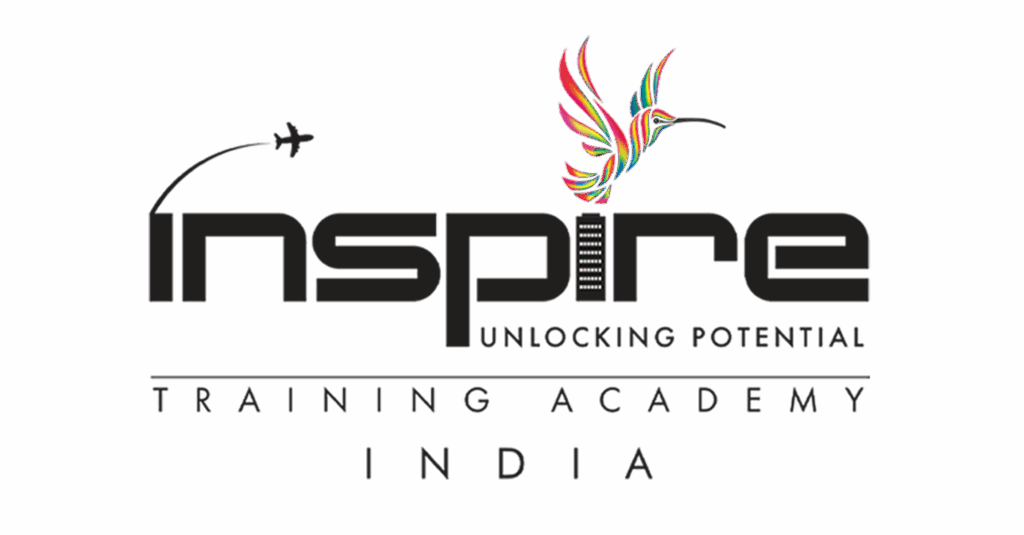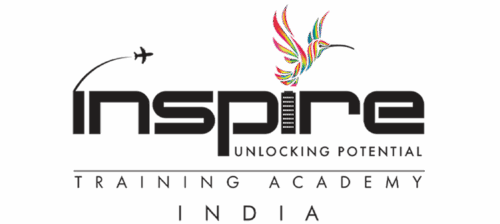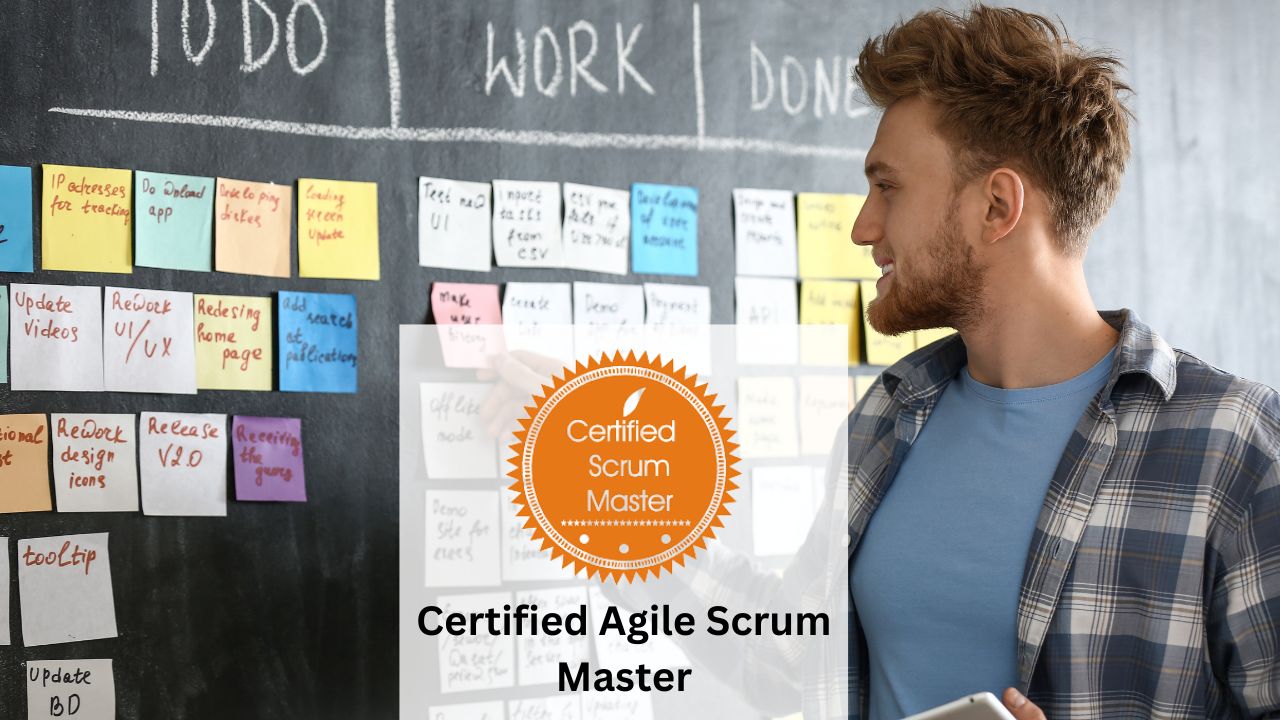Currently Empty: Free
Certified Scrum Master (CSM)
The CSM certification prepares professionals to master the Scrum framework, enabling them to lead Agile teams effectively. Participants learn Scrum principles, roles, ceremonies, planning, estimation, and practical implementation, enhancing their ability to manage projects, collaborate with teams, and deliver high-quality products.
E-Course Duration: 20 – 25 Hours
Certification Validity: Lifetime
Certificate Accreditation: GAQM
Course Overview
Scrum is a globally recognized Agile Project Management framework designed to develop products that customers love while improving team efficiency and project outcomes. The Certified Scrum Master (CSM)® credential is granted to individuals who demonstrate a deep understanding of Scrum principles and the ability to apply them effectively in real-world scenarios.
With Scrum Masters in high demand and salaries surpassing traditional project managers, acquiring this certification positions professionals for leadership roles in Agile environments. The CSM course emphasizes collaboration, adaptability, and iterative project development, rooted in the Agile Manifesto’s principles:
Individuals and Interactions over processes and tools
Working Software over comprehensive documentation
Customer Collaboration over contract negotiation
Responding to Change over following a plan
This course equips participants to become proficient Scrum practitioners, capable of leading teams, managing Agile ceremonies, and fostering high-performing project environments.
Exam Information
Exam Pattern: 100 Multiple Choice Questions (MCQs) – 80% required to pass (80/100 correct).
Exam Duration: 60 Minutes (1 hour).
Exam Format: Non-proctored, available anytime within an 8-month validity period.
Includes 2 exam attempts per voucher.
If unsuccessful after 2 attempts, candidates may purchase a new voucher for 2 additional attempts.
Note: A voucher is not valid for a second attempt if the candidate passes on the first attempt.
Certification Validity: Lifetime
Course Outline
Module 1 – History of Agile & Project Management
The new project development game – Takeuchi & Nonaka (1986)
Agile frameworks: Scrum, XP, FDD, DSDM
Project challenges and pains
Overview of the general project management life cycle
Brainstorming session: Evaluating how Scrum solves project challenges
Module 2 – Introduction to Scrum
Scrum planning and estimation
Roles and responsibilities of Scrum team members
Scrum ceremonies and artifacts
Assimilation and practical implementation of Scrum
Conducting and managing Scrum meetings
Summarizing exercises for hands-on application
Target Audience
Team Members
Project Managers
Developers
Testers
Database Administrators (DBAs)
Managers involved in Agile projects






